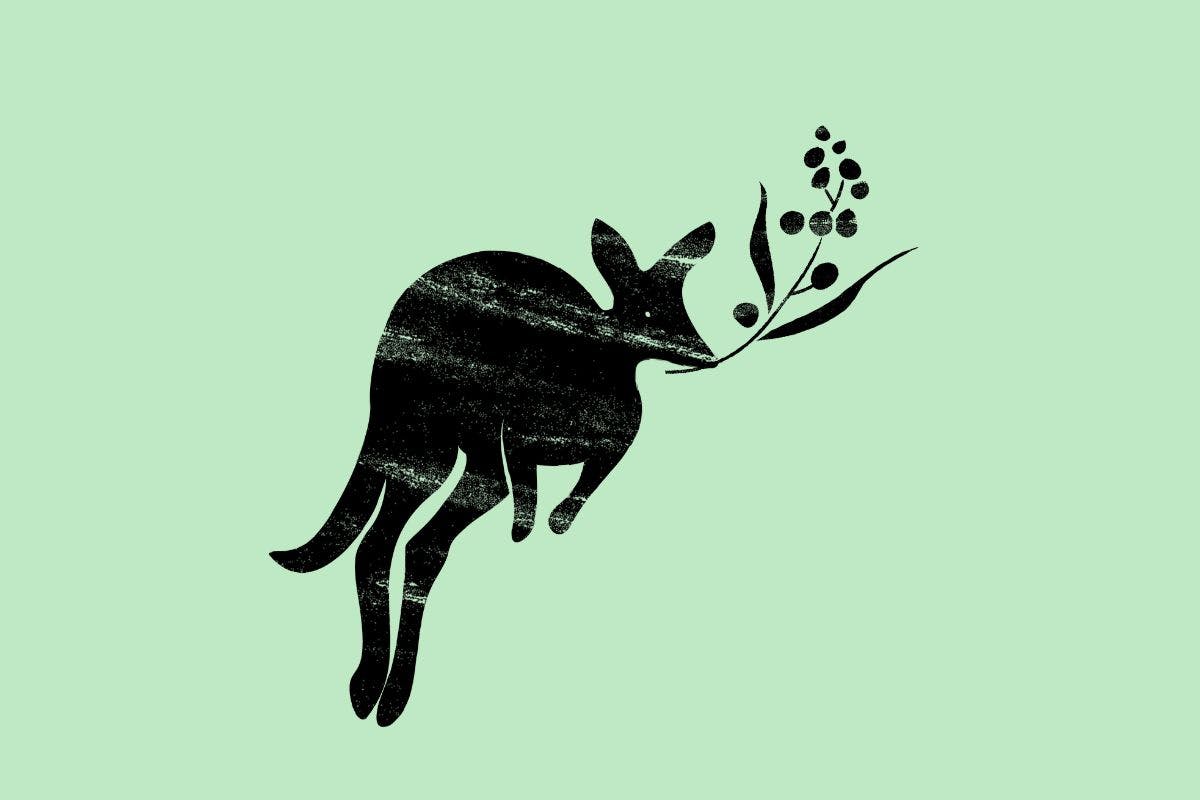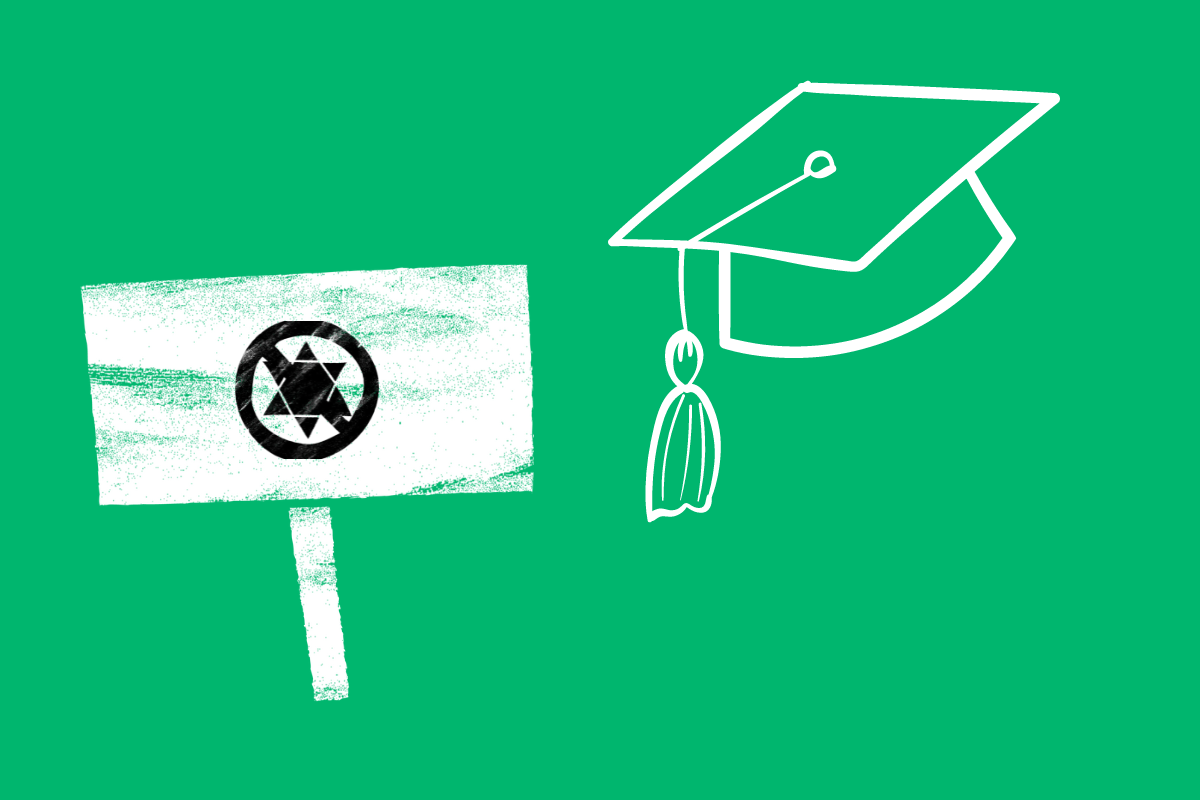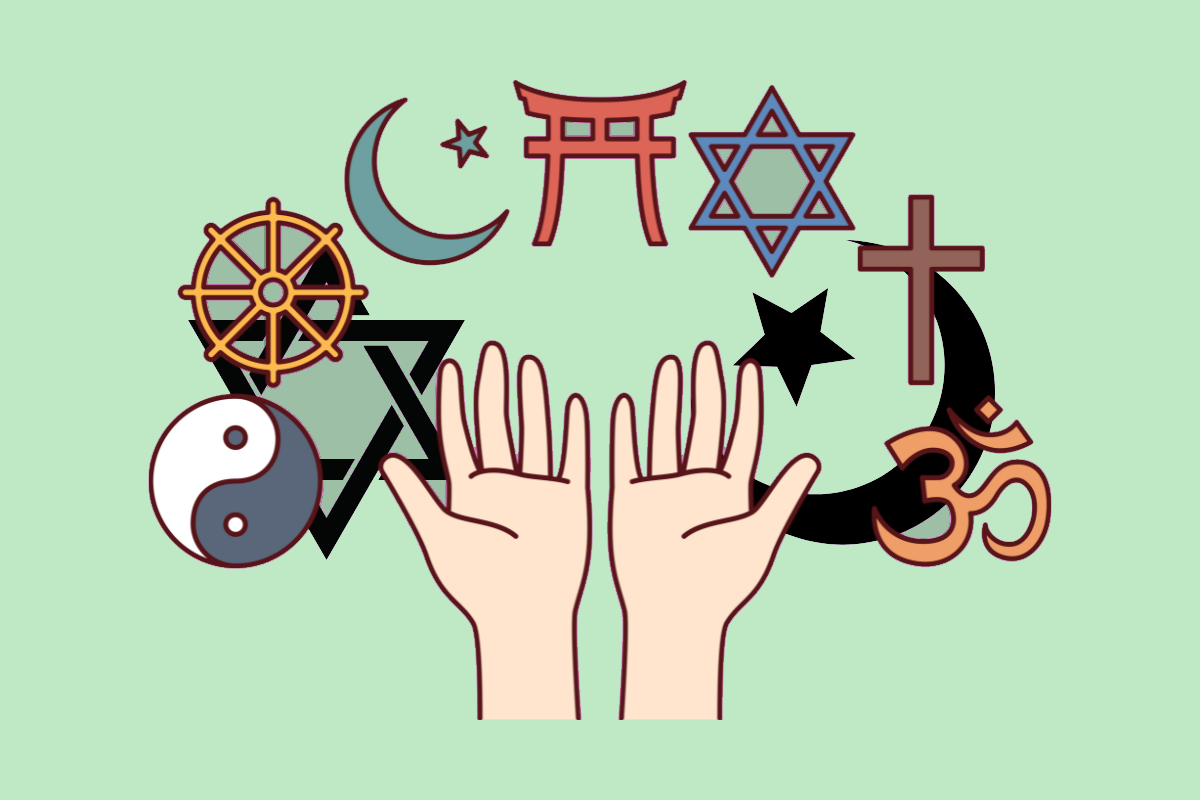Published: 27 August 2018
Last updated: 4 March 2024
Israeli-Palestinian medical specialist Dr Mushira Aboo Dia has devoted much of her career to building “health bridges” between Israelis and Palestinians, she told an audience of parents and friends at an event in Sydney last Thursday organised by Habonim Dror Sydney Parents & Friends.
Dr Aboo Dia is the Chair of Physicians for Human Rights Israel, a gynaecologist and obstetrician for Hadassah Hospital and sexual assault specialist for Bat Ami, was visiting Australia to promote Hadassah’s health initiative Project Rozana, and to discuss the capacities for dialogue in Israeli and Palestinian health sectors.
Project Rozana, was founded in 2013 by Melbourne Jewish businessman Ron Finkel, who spoke alongside Dr Aboo Dia at the event. Project Rozana raises funds for organisations that train Palestinian health professionals, enable Palestinian patients to pass through checkpoints, and help provide treatment for Palestinian children in Israeli hospitals, as well as children in areas of conflict outside of Israel.
Dr Aboo Dia said: “In a doctor-patient relationship you don’t choose who you treat, and you don’t choose who you’re treated by. You need to treat everybody, regardless of who he is and what he is, and regardless of political opinions, race or religion. This set-up, coming without judgement, without any preconditions, enables a human interaction that gets people to talk, and to know the other side.
She told the audience stories about her interactions with patients in Gaza and the West Bank, the role of dialogue and health in ending the occupation, and how the provision of training and treatment from health centres like Hadassah Hospital and Project Rozana contrast sharply with the reality of life.
“People are not affected by the occupation in Israel in everyday life. They don’t know about what happens in Palestine, they might not even care. The only thing they hear is the news, in which the Palestinians are being presented as the evil side, as somebody they need to hate or don’t want to develop a relationship with or reach any settlement, because this is what you hear in the media.”
Meanwhile, Dr Aboo Dia describes the hospitals in Gaza as “worse than a third world country”, while a healthcare system in the West Bank is practically non-existent due to limited resources and funding.
[gallery columns="1" size="large" ids="22367"]
She said Physicians for Human Rights Israel has campaigned against government defunding, discrimination of minority groups in the health system and the separation of Israelis, Arab-Israelis and Palestinians in hospital wards.
Ron Finkel says Project Rozana gives diaspora Jewry a viable way to make a difference. “I was a wide-eyed idealist, I thought I could make a difference, and I really worked very hard for decades to try make a contribution from the outside to political outcomes in Israel.
“Some years ago, I had a wake up, and I realised that my capacity to make a difference on a political level was zero. But that’s one level that I don’t need to think about anymore, because I feel that we have a capacity to make a difference at the human level.”
“There is an opportunity here to enrich and deepen the human interactions… to do it in a way that reduces Palestinian dependence on the Israeli health system. It’s not an abstract idea. I’ve been witnessing it with my own eyes.”
Finkel advocates for a Palestinian health sector that cooperates with Israeli health professionals yet is also independent. One example of capacity-building is the collaboration between Hadassah Hospital and the Palestinian Augusta Victoria Hospital in East Jerusalem. Their partnership has in recent years enabled Augusta Victoria to treat 90 per cent of Palestinian children for blood cancers and other diseases.
“Ten years ago, it had no capacity to address children with blood cancers in Palestine. That’s capacity building and it’s doable in so many areas. That is the power of health, it’s a cornerstone of civil society. The Palestinians are proud. They want to move forward. There are lots of constraints on that, but we can make a difference.”
READ MORE From Sydney to Jerusalem, doctor’s mission to heal hearts and minds
Photo: Dr Aboo Dia and Ron Finkel (Limor Fayema)




